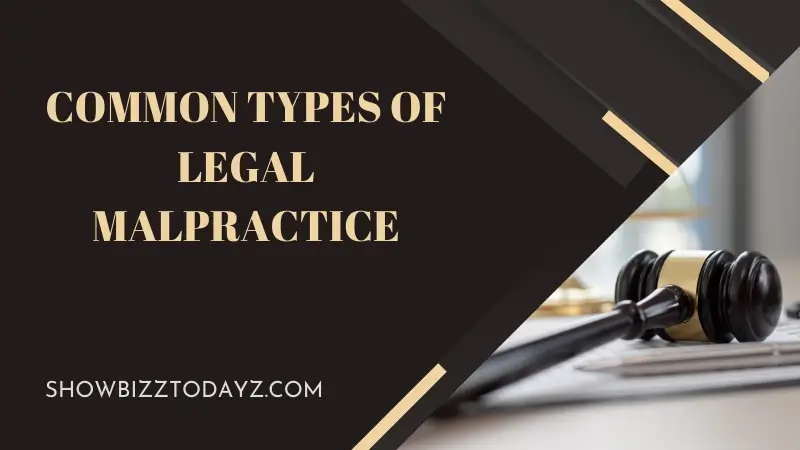Common Types of Legal Malpractice and How to Recognize Them
Malpractice in the legal profession happens when an attorney does not competently perform their required duties and the client suffers because of that failure. Lawyers must provide both diligent and ethical representation; indeed, our society expects nothing less.
Unfortunately, sometimes errors occur, and sometimes a lawyer simply does not live up to the professional standard of conduct. This latter failure can sometimes fit the definition of “malpractice.”

And when this happens, not only should that lawyer be held accountable, but their wronged clients also deserve justice and, in many cases, compensation. For more information beyond what is offered in today’s article; the Law Offices of Thaddeus Mikulski handles legal malpractice law.
Negligence
Negligence in the legal field occurs when an attorney does not provide services that meet the expected standard of care in the profession. This can happen in several ways, such as:
- Missing deadlines
- Failing to file important documents
- Offering inaccurate or incorrect legal advice
How to Recognize It
- Being consistently late for court appearances or the timely submission of legal documents
- Serious mistakes or inaccuracies in your documents
- Your attorney seems ill-informed and/or unprepared for your case
Breach of Fiduciary Duty
The duty of lawyers is to act in the best interest of their clients. When a lawyer fails to fulfill this obligation, we say that the lawyer has breached this duty. If you need to speak with a legal expert on this matter further, remember that the Law Offices of Thaddeus Mikulski handles legal malpractice law.
How to Recognize It
- The lawyer does not completely apprise you of all lawful options
- They possess a private or monetary interest that poses a conflict with your legal matter
- Missing or mishandling of funds occurs in trust accounts for clients
Failure to Know or Apply the Law
Lawyers are expected to have sufficient knowledge of the law that pertains to their area of practice. When an attorney fails to find or utilize the proper legal tenants, it can have a deleterious effect on a case.
How to Recognize It
- The lawyer provides wrong legal guidance or applies out-of-date laws
- They do not cite appropriate legal precedents when arguing a case
- Legal mistakes are easily spotted by opposing counsel
Improper Billing Practices
Unethical billing practices can also constitute legal malpractice. Examples include:
- Clients being overcharged
- Unnecessary services being billed
- Detailed invoices being left out
How to Recognize It
You are given incomplete or expanded bills without articulation
Fees are appearing for services that were never discussed or provided
The lawyer declines to give a detailed account of charges
Law Offices of Thaddeus Mikulski handles Legal Malpractice Law
Consider taking the following steps if you think your attorney has committed malpractice:
- Request an Explanation: Seek clarification from your attorney regarding any problematic areas.
- Seek a Second Opinion: Seek the counsel of another attorney to evaluate your case.
- File a Complaint: Notify the state bar association of any unlawful actions you may witness.
- Pursue Legal Action: You might be able to sue for damages if you have been harmed by malpractice.
Identifying legal malpractice promptly can safeguard your interests and make certain that you obtain proper representation. You can visit showbizztoday.com for more trending posts.
